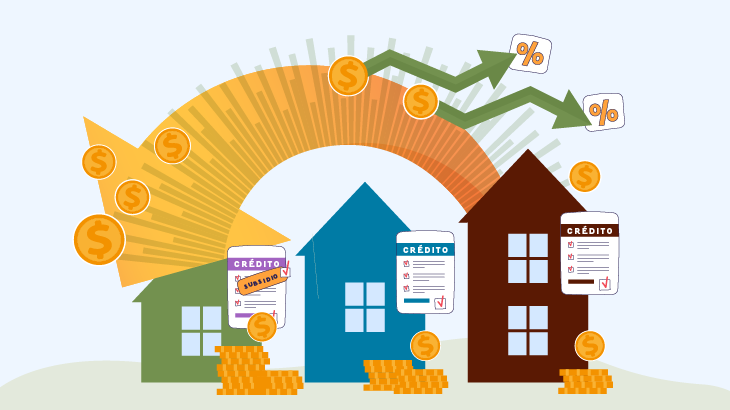
The most recent
Abstract
The housing sector is one of the most relevant in terms of economic and financial stability. Understanding its behavior can prevent bubbles and busts in the economy. There are many studies about the corporate bond’s spreads, but the studies about mortgage interest rate spread and its volatility remain scarce. Similarly, the analysis of the subsidies on the housing sector on different dimensions have not been investigated enough. We ask the questions: Which are the determinants of the mortgage interest rates at the micro level? What are the main determinants of mortgage interest rate spread and its volatility at the macro level? Is there room for macroprudential tools in the housing sector to improve financial stability in terms of credit growth? We analyze the mortgage interest rate using three datasets: the Data Register information from Colombia, an individual level social security dataset “PILA” and the data of country wide macroeconomic variables. Our findings are that collateral is an important variable that explains mortgage interest rates, an increase of 1% in collateral decreases the mortgage interest rate in 0.28%. The impact of a change of housing subsidies focalization on the assignation of the disbursements of the beneficiaries with respect to the individuals that do not use the subsidies is an increase with a difference of 1.02%. We found that a GARCH (1,1) model with output growth explains very well the spread volatility.

